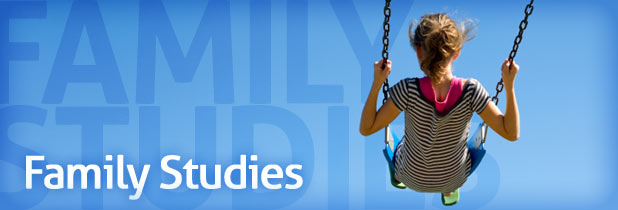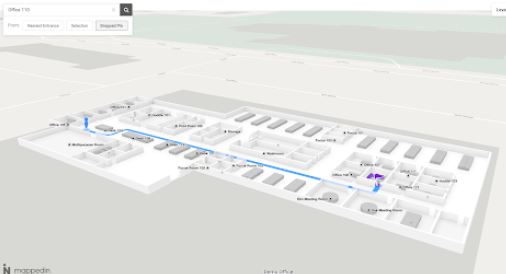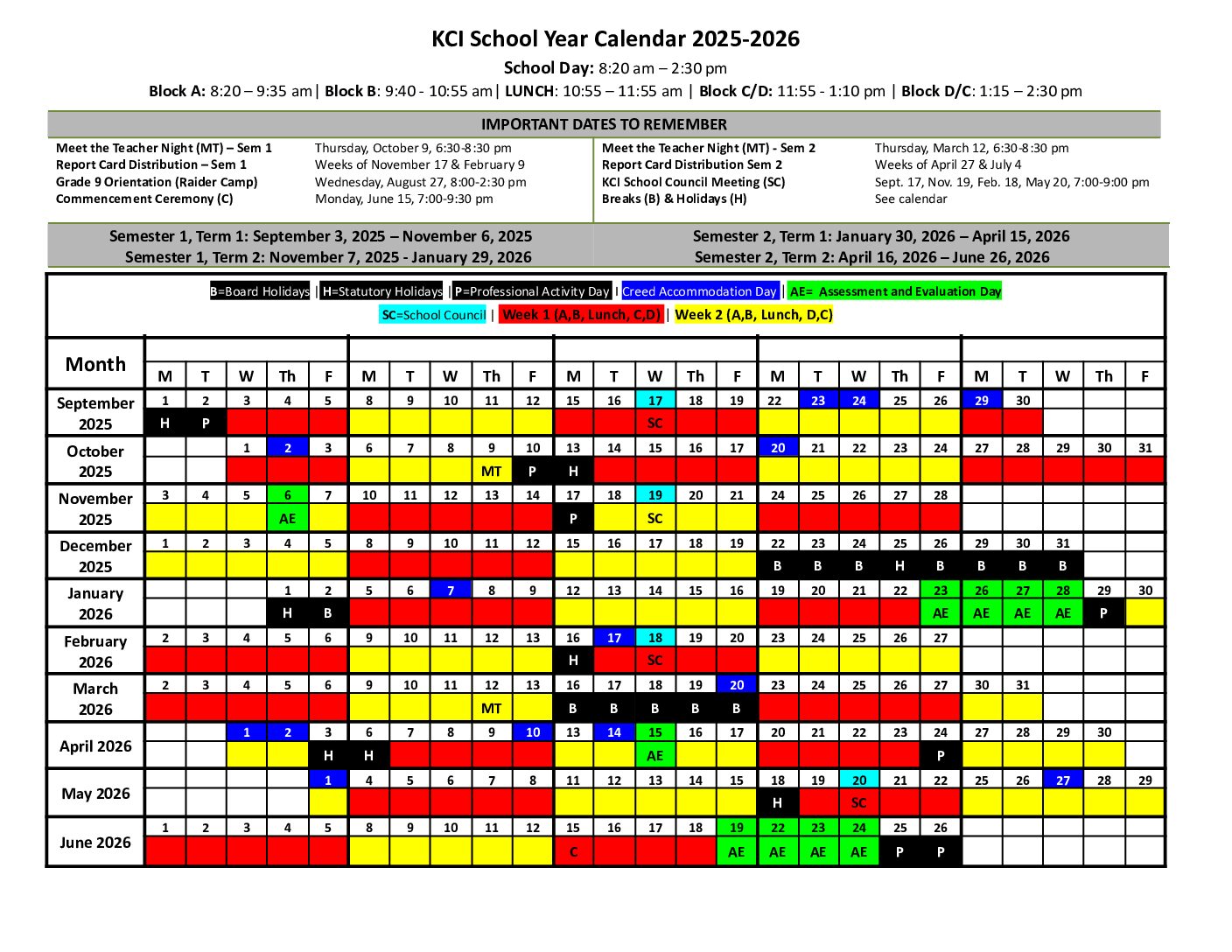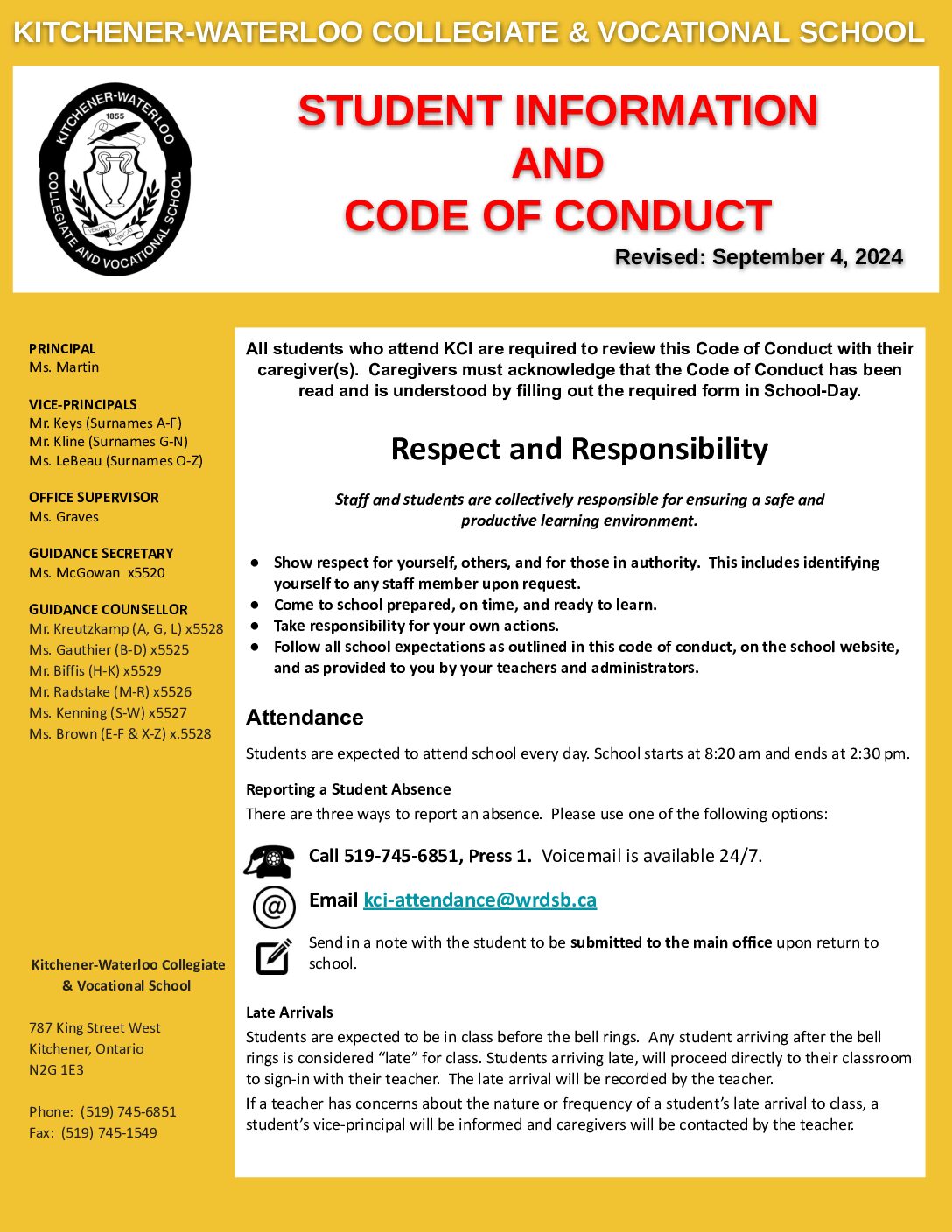For more information check out the KCI Family Studies Website
Overview
The secondary social sciences are concerned with how students view themselves, their families, their communities and the broader society; and how they come to understand and respond to the world around them. Through practical experience: discussion, debate, research, reflection, and the development of critical and creative thinking skills. Family Studies courses help students become motivated problem solvers equipped with the skills and knowledge that will enable them to face their changing world with confidence (Ministry of Education 2013).
Who should take family studies?
Students who enjoy practical hands on experiences should consider our courses. In combination with these hands on learning experiences they will also acquire the research skills that will help them in other high school courses. The main areas of focus in Family Studies are: Food and Nutrition, Food and Culture, Child Development; and Sociology.
Post-Secondary Programs that compliment Family Studies:
Market Researcher, Public Relations, Child & Youth Worker, Early Childhood Educator, Social Worker, Fashion Designer, Clothing Buyer, Interior Designer, Gerontologist, Nurse, Pediatrician, Midwife, Doula, Financial Planner/Advisor, Teacher (Primary, Elementary, Secondary), Counselor, Psychologist, Sociologist, Chef, Nutritionist, Dietitian, Naturopath, Special Education, Speech Pathologist, Youth Outreach Worker, Child and Youth Worker, Corporate Trainer, Mediator, Insurance Broker, Hotel Administrator, Architect, Event Planner, Research Analyst, Nanny, Physical/Occupational Therapist, Addiction Counselor, Home Care Worker, and Human Resources.
One of KCI’s Students recently got accepted into the highly competitive post-secondary program of Midwifery. She learned about the program through our courses; Family Studies has really evolved!
Grade 9
The Grade 9 and 10 family studies courses emphasize acquiring knowledge and skills through practice and experiential learning. In these courses, concepts are learned and consolidated through practical, hands-on applications. At the same time, students are given the opportunity to develop critical and creative thinking skills.
Exploring Family Studies – HIF 1OI / 1OB
This course explores the challenges faced by all people regarding how to: meet basic needs; relate to others; manage resources and to become responsible members of society. Students acquire knowledge and skills needed to make the transition to adulthood. Teachers will instruct students in developing interpersonal, decision-making and practical skills related to daily life. Students will explore the functions of families and the diversities found among families within society.
Grade 10
Food and Nutrition – HFN 2OI / 2OB
This course explores the factors that affect attitudes and decisions about food, examines current issues of body image and food marketing, and is grounded in the scientific study of nutrition. Students will learn how to make informed food choices and how to prepare foods and will investigate our Canadian food heritage and food industries, as well as global food issues. The course also introduces students to research skills related to food and nutrition.
Grade 11
Raising Healthy Children – HPC 3OI / 3OB
This course focuses on the skills and knowledge needed to promote the positive and healthy nurturing of children, with particular emphasis on the critical importance of the early years to human development. Students will learn how to meet the developmental needs of young children, communicate and discipline effectively, and guide early behaviour.They will have practical experiences with infants, toddlers, and preschoolers, and will learn skills in researching and investigating questions relating to parenting. Prerequisite: None
Grade 12
Human Development over the Lifespan – HHG 4MI
This course offers a multidisciplinary approach to the study of human development throughout the life cycle, with particular emphasis on enhancing growth and development. Students will examine how early brain and child development are linked to lifelong learning, health, and well-being, and will develop child-care and human-relationship skills through practical experience in a community setting. This course also refines students’ skills used in researching and investigating issues related to human growth and development. Prerequisite: Any university, university/college, or college preparation course in social sciences and humanities, English, or Canadian and world studies
Families in Canada – HHS 4UI / 4CI
This course applies current theories and research from the disciplines of anthropology, psychology, and sociology to the study of individual development, family behaviour, intimate and parent–child relationships, and the ways in which families interact within the diverse Canadian society. Students will learn the interpersonal skills required to contribute to the well-being of families, and the investigative skills required to conduct and evaluate research about individuals and families. Prerequisite: Any university, university/college, or college preparation course in social sciences and humanities, English, or Canadian and world studies




